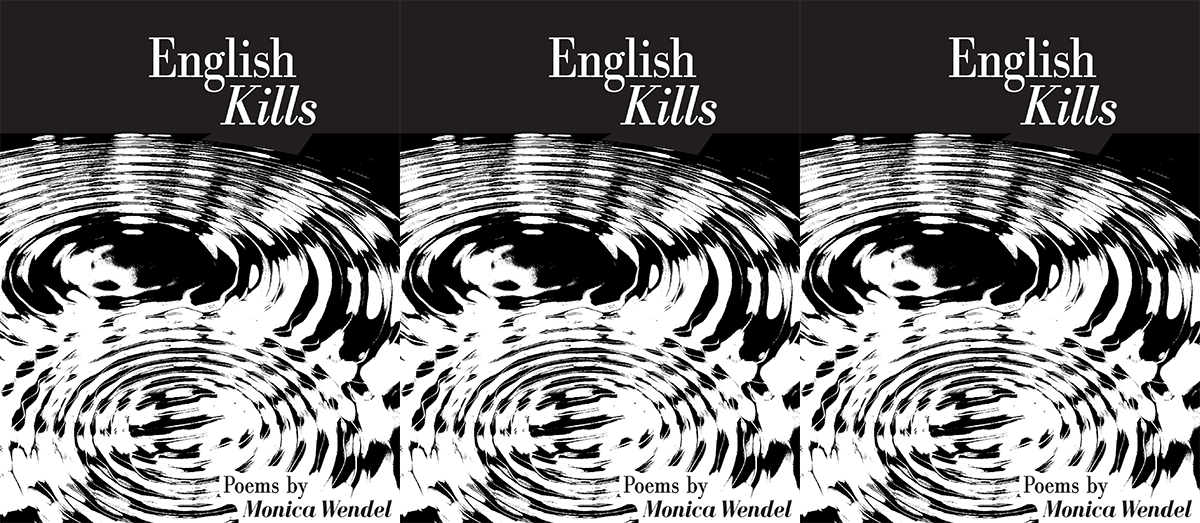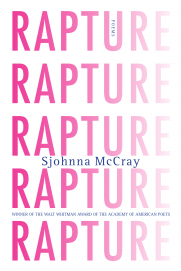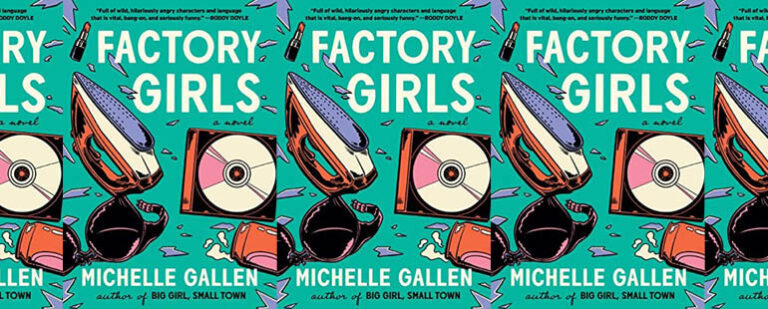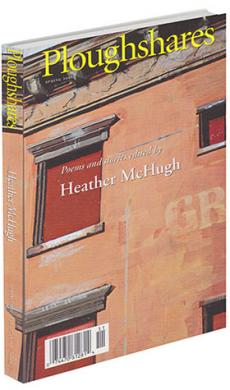Review: ENGLISH KILLS by Monica Wendel

English Kills
Monica Wendel
Autumn House Press, March 2016 (Winner of the 2015 Coal House Review Chapbook Contest)
21 pp; $10
Buy: pamphlet
The poems in Monica Wendel’s chapbook are marked by quick dissolves, scenes suddenly opening onto new scenes. The prose poem “Blue,” which flickers back and forth between “a diner where the waitresses wear their hair swooped up” and a dream of rowing through New York Harbor at night, is nothing but quick dissolves: “I woke to stir the coffee to sit in traffic to watch the river turn red with siren lights with brake lights […]”. The speaker’s father sketches blueprints in the basement; ghosts light candles on the shore.
The chapbook’s other poems are relatively more grounded than the kaleidoscopically-shifting “Blue,” but the shape-shifting is everywhere. It occurs often as dream, understandably, but it also occurs once as a result of “a drug I’d never / heard of, one with a girl’s name.” It can occur in translation, as when “et serva nivales undas in aestate” becomes “keep snowy waves in summer,” or the phrase “English Kills” turns out not to refer to the lethality of a particular language but to a body of water:
Don’t be alarmed:
Kills was only Dutch for something.Was it stream. Was it water.
They’re all dead now, those first discoverers.
Phenomena keep finding new guises. Networks of rivers morph into subways, then morph back. Angel, a student in the summer Latin class for middle-schoolers that the speaker is teaching, “reminds me of Ellen,” with “a wildness that’s hard to explain but exists as solidly / as a granite stone flecked with mica, flashes of light and black.” Ellen is now on a farm, engaged in another transformation, that of the growing season:
Like the thunderstorm that uprooted
The spotted beans, their dried-out stalks
Heavy with seed pods we would break open,
The soil beneath them charged with
The nitrogen the roots had left behind.
Places somehow contain other places. Berlin, where actors sit in a white-walled basement reciting Dickinson, is the place from which the speaker’s grandmother could have gone to study medicine in Moscow, but instead took a path that led to a lab “near the waters of Cold Spring Harbor,” where “she grew corn that glowed in the dark its genes spliced with the genes of fireflies.” Distance mysteriously contracts, as though remote places were connected by wormholes, or roofs that become bridges: “A house with a trapdoor to the roof / and from there, a lake— / this roof is the bridge across it.”
The logic that holds English Kills together is uniquely its own, but the Ovid of Metamorphoses would have recognized it.



 Spring 2001 - Digital
Spring 2001 - Digital